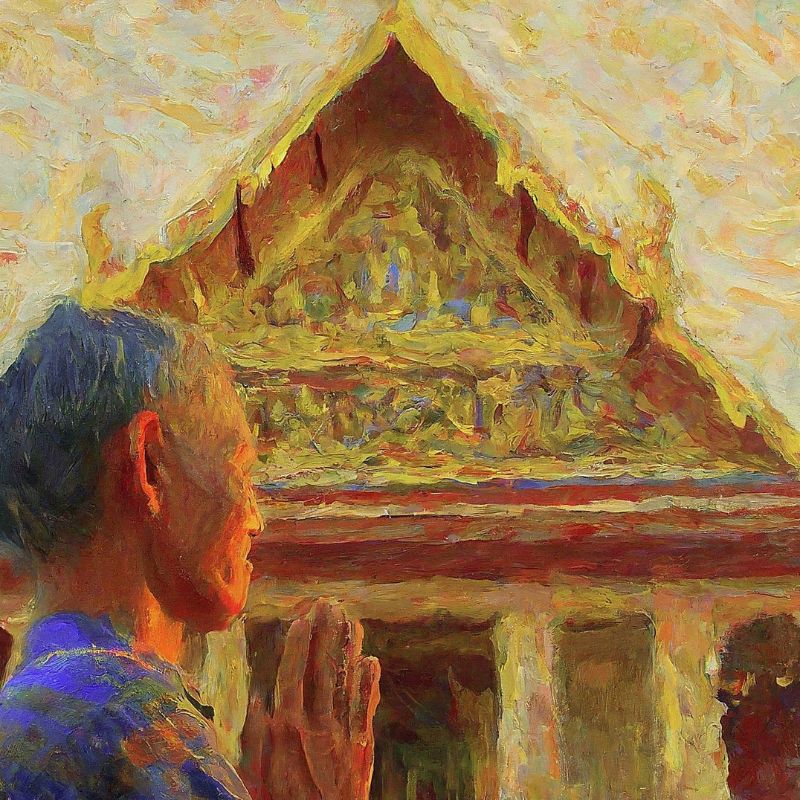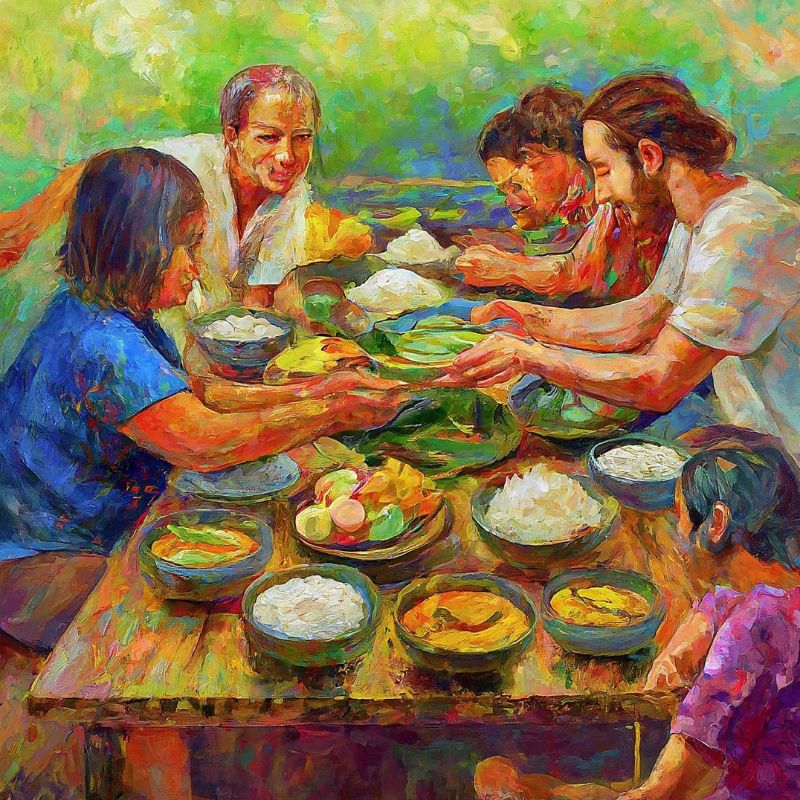Thailand Cultural Etiquette: Unspoken Rules for Travellers
- Blogs
- March 14, 2025

Thailand, often called the “Land of Smiles,” is more than its turquoise beaches and vibrant street markets. Its culture is deeply rooted in respect, harmony, and tradition. Travelling here successfully isn’t just about seeing the sights—it’s about understanding the unspoken rules that shape daily life. From temple visits to social interactions, knowing Thailand’s cultural etiquette can transform your trip from ordinary to authentic.
Essential Insights for Respectful Travel in Thailand
To truly experience Thailand, it’s important to embrace local customs and practices. These cultural nuances govern interactions, social behaviour, and public conduct. By observing them, you show respect, connect meaningfully with locals, and unlock experiences that many travelers miss. We share some of the key aspects of Thai cultural etiquette that every visitor should know.
1. The Wai: Thailand’s Traditional Greeting
The wai, a gesture of palms pressed together with a slight bow, is central to Thai social interaction. It conveys respect and politeness, especially towards elders, monks, or service staff. While foreigners are not expected to wai in casual encounters, returning the gesture is always appreciated and signals cultural awareness.
2. Respecting the Thai Monarchy
Thailand’s royal family commands deep reverence. Standing during the national anthem or handling banknotes with the King’s image carefully is expected. Public criticism of the monarchy is illegal, so understanding this cultural sensitivity is essential for visitors.
3. Keeping Composure
In Thai culture, maintaining calm is key. Losing your temper or speaking harshly is considered disrespectful. Smiles can convey many emotions—politeness, happiness, even disagreement—so observe and respond thoughtfully.


4. Temple Etiquette in Thailand
Temples (wats) are sacred spaces, and observing proper conduct is crucial. Dress modestly—cover shoulders and knees. Remove shoes before entering temple halls. Never point your feet at Buddha statues or monks. Women should avoid touching monks or handing items to them directly. These small acts of respect help preserve the sanctity of Thailand’s spiritual heritage.
5. Thai Dining Etiquette and Social Graces
Sharing meals is an important social ritual in Thailand. Wait for the eldest person to start before eating. Use the fork to push food onto the spoon rather than eating directly from it. Leaving a small amount of food on your plate shows you are full. Bringing a small gift when invited to someone’s home—like flowers or sweets—is thoughtful. Following these practices enhances your connection with locals and shows appreciation for their culture.
Embrace Thailand’s Cultural Nuances
Understanding Thailand’s cultural etiquette unlocks deeper, more meaningful experiences. By respecting local customs, you not only show politeness but also open doors to authentic interactions.
Looking to experience Thailand beyond the typical tourist trail? Explore our Thailand Tours where every itinerary blends local traditions, immersive experiences, and insider insights to make your journey unforgettable.
